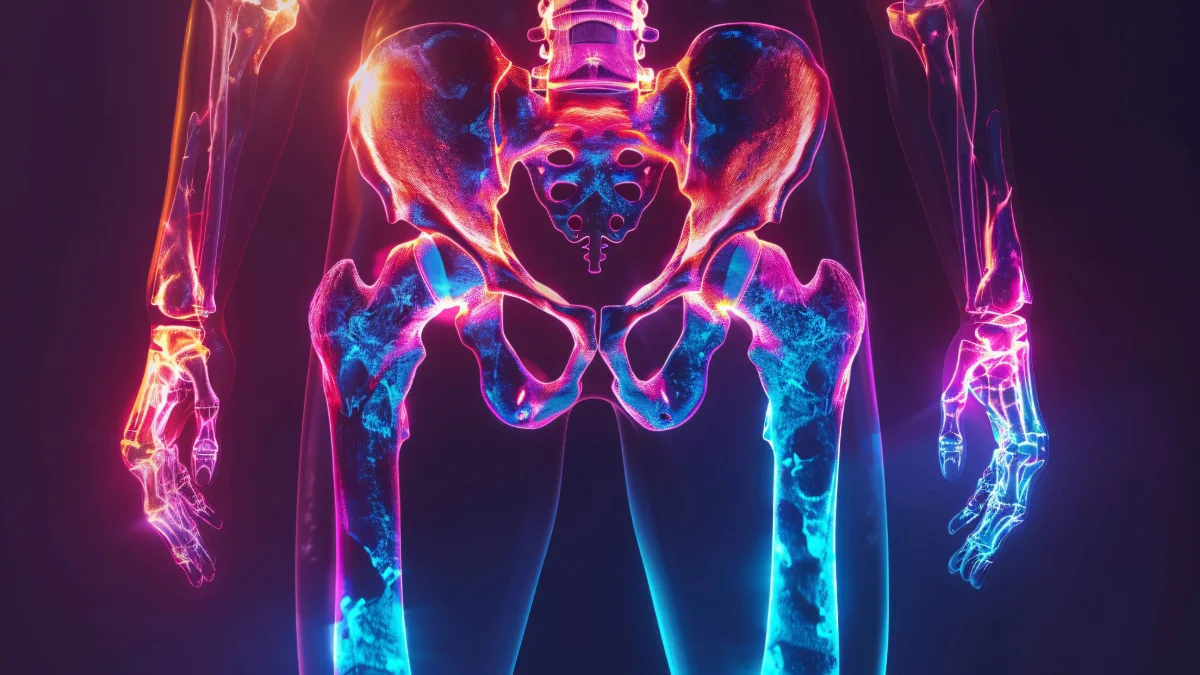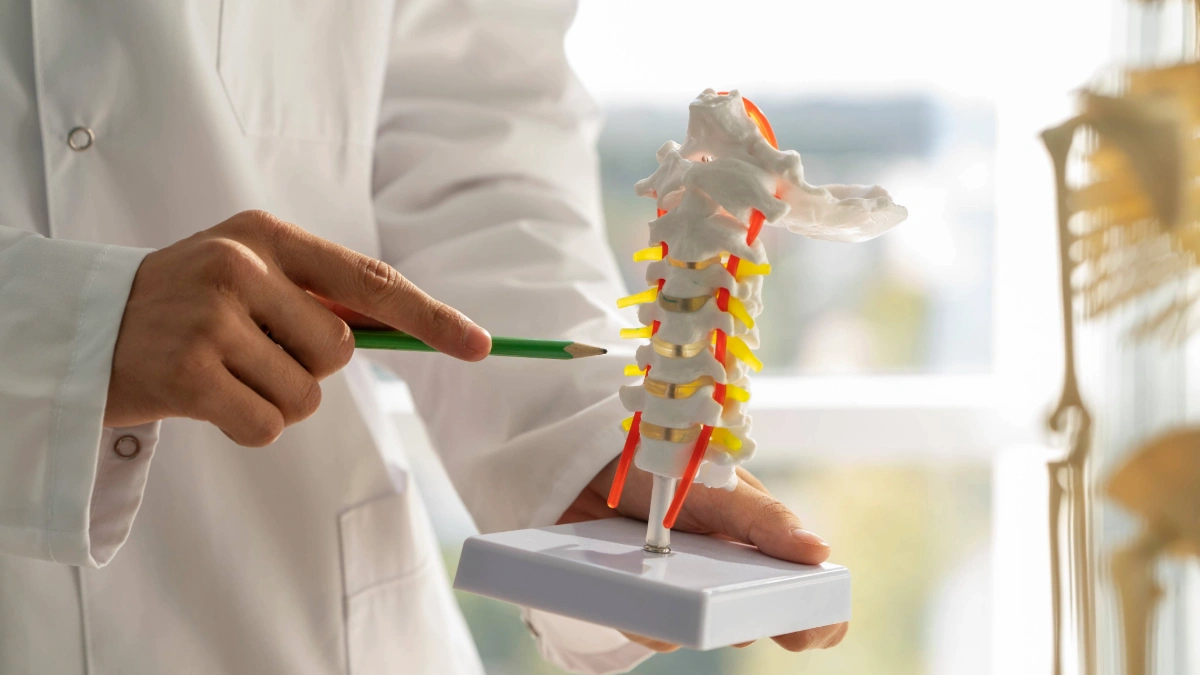<strong>Breast cancer affects both men and women and is a major global health problem. The best treatment strategy is heavily influenced by the stage of the breast cancer. When diagnosed early, such as in Stage 1, there is a higher likelihood of successful treatment. The most effective treatment strategy is highly dependent on the stage of the cancer.</p>
What is Breast Cancer?
Breast cancer is a malignancy that begins in the breast tissue. It occurs when abnormal cells in the breast begin to multiply uncontrollably, forming a tumour. This tumour can invade nearby tissues and spread to other parts of the body if not detected and treated early.
What Causes Breast Cancer?
While the specific causes of breast cancer are unknown, various risk factors, including genetics, age, hormonal effects, and lifestyle choices, might raise the probability of acquiring the illness.
Breast Cancer Stages
Breast cancer isn’t a one-size-fits-all condition. Instead, it’s categorized into several stages, ranging from early-stage (I) to advanced-stage (III) disease. Moreover, the stages are determined based on the size of the tumour, its extent of spread, and its invasiveness. Each stage represents a different level of severity and, consequently, requires a tailored approach to treatment.
In the United Kingdom, several staging systems are in use. One such system includes Stage 1 as part of the number staging system. Additionally, another commonly employed system is the TNM staging system. Specifically, the TNM system stands for Tumor, Nodes, and Metastasis. By utilizing this technique, oncologists can precisely identify the tumour’s size, whether it has grown to involve the lymph nodes, and whether it has spread to other regions of the body.
Stage 0: Ductal Carcinoma in Situ (DCIS)
DCIS is a non-invasive cancer where abnormal cells are found in the lining of a breast duct but have not spread outside the duct. It is considered the earliest stage of breast cancer.
In DCIS, abnormal cells are found in the lining of a breast duct but have not spread outside the duct.
It’s often detected through mammography and is highly treatable.
Treatment usually involves surgery, such as lumpectomy or mastectomy, followed by radiation therapy.
Stage I: Early-Stage Breast Cancer
In this stage, cancer cells have invaded nearby breast tissue but have not spread to the lymph nodes or other parts of the body. Early detection and treatment have a high success rate. It’s divided into two subcategories:
Stage IA
In this stage, the tumour is small (less than 2 cm) and has not spread to nearby lymph nodes.
Treatment typically involves surgery, often followed by radiation therapy.
Stage IB
In this stage, there is no tumour in the breast, but small clusters of cancer cells (larger than 0.2 mm but not larger than 2 mm) are found in the lymph nodes.
Treatment may involve surgery, radiation therapy, or both.
Stage II: Locally Advanced Breast Cancer
At this stage, cancer has spread to nearby lymph nodes or tissues, but not to distant organs. Treatment often involves a combination of therapies, including surgery, radiation, and chemotherapy.
Stage IIA
Tumor size is between 2 cm and 5 cm, and it may or may not have spread to nearby lymph nodes. Treatment usually includes surgery, radiation therapy, and sometimes chemotherapy or hormone therapy.
Stage IIB
The tumour is larger than 5 cm, or it has spread to nearby lymph nodes or both.
Treatment options may involve surgery, radiation therapy, chemotherapy, and hormone therapy.
Stage III: Advanced Breast Cancer
Advanced breast cancer has spread extensively to lymph nodes and nearby tissues, but not to distant organs. Treatment may involve more aggressive therapies to control the disease. Stage III breast cancer is divided into three subcategories:
Stage IIIA
Tumor size can vary, but cancer cells have extensively spread to nearby lymph nodes. Treatment typically includes a combination of surgery, radiation therapy, chemotherapy, and hormone therapy.
Stage IIIB
In this stage, the cancer may have spread to the chest wall or skin, causing symptoms like breast skin ulceration or swelling. Treatment involves an aggressive approach with surgery, radiation therapy, chemotherapy, and hormone therapy.
Stage IIIC
Cancer cells have spread extensively to the lymph nodes, possibly forming large clusters. Treatment options are similar to Stage IIIB and require a multidisciplinary approach.
Stage IV: Metastatic Breast Cancer
Metastatic breast cancer, also known as stage IV or advanced breast cancer, has spread to distant organs such as the bones, lungs, or liver. While it’s considered advanced and not curable, it can be managed with various treatment modalities to improve quality of life and prolong survival.
How is Breast Cancer Diagnosed?
Early diagnosis is crucial for effective treatment. Common diagnostic methods include mammograms, breast ultrasounds, biopsies, and genetic testing. Regular screenings are vital for early detection.
Treatment Options for Breast Cancer
The choice of treatment for breast cancer depends on the stage, type of cancer, and individual patient factors. Here are the main treatment options:
Surgery
Surgery is often the first step in treating breast cancer. It involves removing the tumour or the entire breast (mastectomy). It may also include lymph node removal. Breast-conserving surgery (lumpectomy) is an option for some early-stage cancers.
Lumpectomy: In this procedure, only the tumour and a small margin of surrounding tissue are removed. It’s often used for early-stage breast cancer when the tumour is relatively small.
Mastectomy: A mastectomy involves the removal of the entire breast. It can be either a total mastectomy (removal of the whole breast) or a partial mastectomy (removal of part of the breast). The choice between lumpectomy and mastectomy depends on the extent of the cancer and patient preference.
Radiation Therapy
Radiation therapy uses high-energy rays to target and kill cancer cells. It’s often used after surgery to destroy any remaining cancer cells in the breast.
Chemotherapy
Chemotherapy involves the use of drugs to kill cancer cells or stop their growth. It can be administered before or after surgery, depending on the cancer’s stage.
Hormone Therapy
Hormone therapy is used for hormone receptor-positive breast cancer. It blocks hormones that fuel cancer growth, reducing the risk of recurrence.
Targeted Therapy
Targeted therapy targets specific proteins or genes involved in cancer growth. It is often used in combination with other treatments.
Immunotherapy
Immunotherapy stimulates the body’s immune system to recognize and attack cancer cells. While not yet a standard treatment for breast cancer, ongoing research shows promising results.
FAQs
What are the early signs of breast cancer?
Breast cancer’s early signs may include a lump in the breast, changes in breast shape or size, nipple discharge, or skin changes.
Can men get breast cancer?
Yes, although less common, men can get breast cancer. It’s important for everyone, regardless of gender, to be aware of the risk factors and symptoms.
Is breast cancer hereditary?
Some cases of breast cancer have a genetic component. If you have a family history of breast cancer, genetic counselling and testing may be recommended.
How often should I get mammograms?
The frequency of mammograms depends on your age and risk factors. Discuss with your healthcare provider when and how often you should have mammograms.
Breast cancer diagnosis and treatment are highly individualized and depend on various factors, including cancer stage, tumour characteristics, and patient preferences. Consequently, you should consult with a healthcare provider to make informed decisions about treatment options. Additionally, if you or a loved one are facing a breast cancer diagnosis and need personalized treatment and care, Avicenna International Hospital is here to help. Therefore, for a comprehensive guide and to discuss your breast cancer treatment options in Turkey, please contact us today to schedule a consultation and discuss your treatment options.







